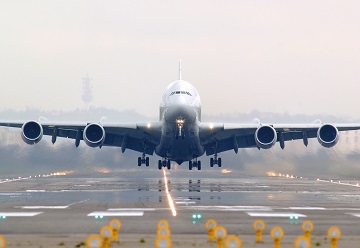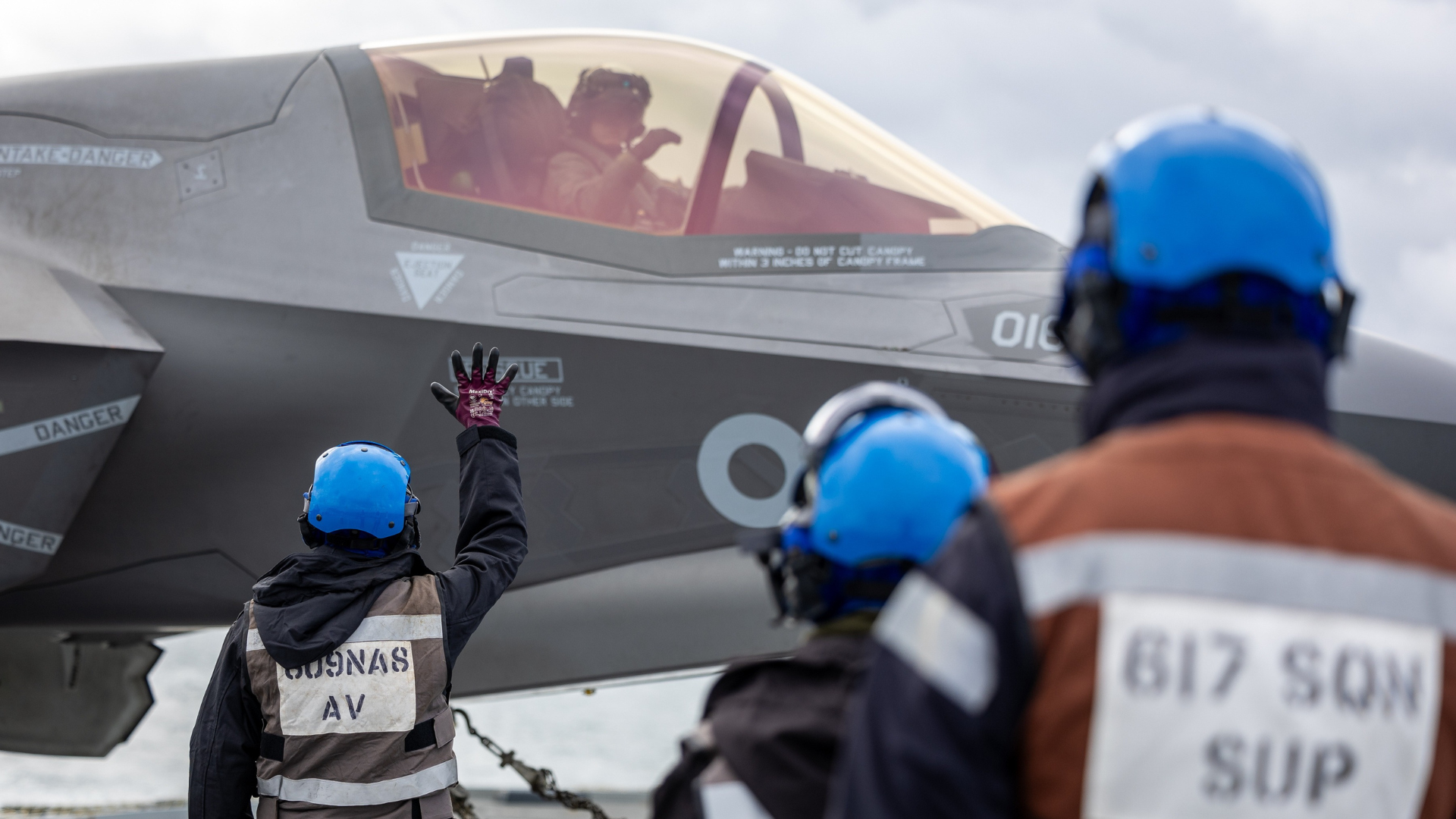
The security challenge
The UK aviation sector is thriving, with a 20% increase in passenger numbers in the last five years and, barring one other airport, more international air passengers at Heathrow than any other in the world in 2017. However, while this success story should be celebrated, it also presents new and challenging security threats for the UK to manage alongside a sustained shift in the overall terrorist threat. Fortunately, the UK has a well-deserved reputation for aviation security, with world-leading aviation security experts within Government and innovative technology and capabilities from industry. Nonetheless, the UK must continue to strengthen its approach to aviation security, both at home and globally, to keep the public safe.
The new strategy
In July this year, the UK Government released a new Aviation Security Strategy. While details of the strategy are inherently limited due to its sensitivity, the UK’s broad approach towards aviation security has been openly articulated in the UK’s new Aviation Strategy Green Paper released this week – the Green Paper sets one of its six objectives as ensuring a safe and secure way to travel. Focusing on aviation security specifically – aviation safety being a separate and important area of work relating to maintaining the UK’s exemplary air safety record of no fatalities on a commercial airline since 1989 – the UK plans to maintain and enhance its aviation security system through domestic and international action
On the international stage, the UK has invested in its network of Aviation Security Liaison Officers (ASLOs) and pushed for the first ever Global Aviation Security Plan (GASeP), which is now being implemented across the world with the support of the International Civil Aviation Organisation (ICAO). On the domestic side, the UK is now trialling the use of 3-Dimensional Computed Tomography (CT) screening equipment for cabin baggage and has funded innovative research projects in partnership with industry and academic on detecting explosives in electrical items, amongst many other activities.
Industry’s role
Both the Aviation Security Strategy and the wider Aviation Strategy quite rightly recognise the important role that industry can play in strengthening the UK’s aviation security, both as relates to the Aviation sector itself and the UK’s Security sector. As the strategy notes, the UK has a “dynamic industry willing to innovate and invest private capital in security”, and with world-leading British security companies such as Smiths Detection selling innovative detection and screening capabilities, it is both in the UK’s economic and security interests to harness the potential of the UK’s Security sector. It is therefore welcome that the Government and industry already have a major programme of work together to proactively test the aviation security system, utilise data to support targeted screening of passengers and cargo, support the deployment of biometric data for the UK border, and to develop and implement other innovative technological solutions for screening cabin baggage.





